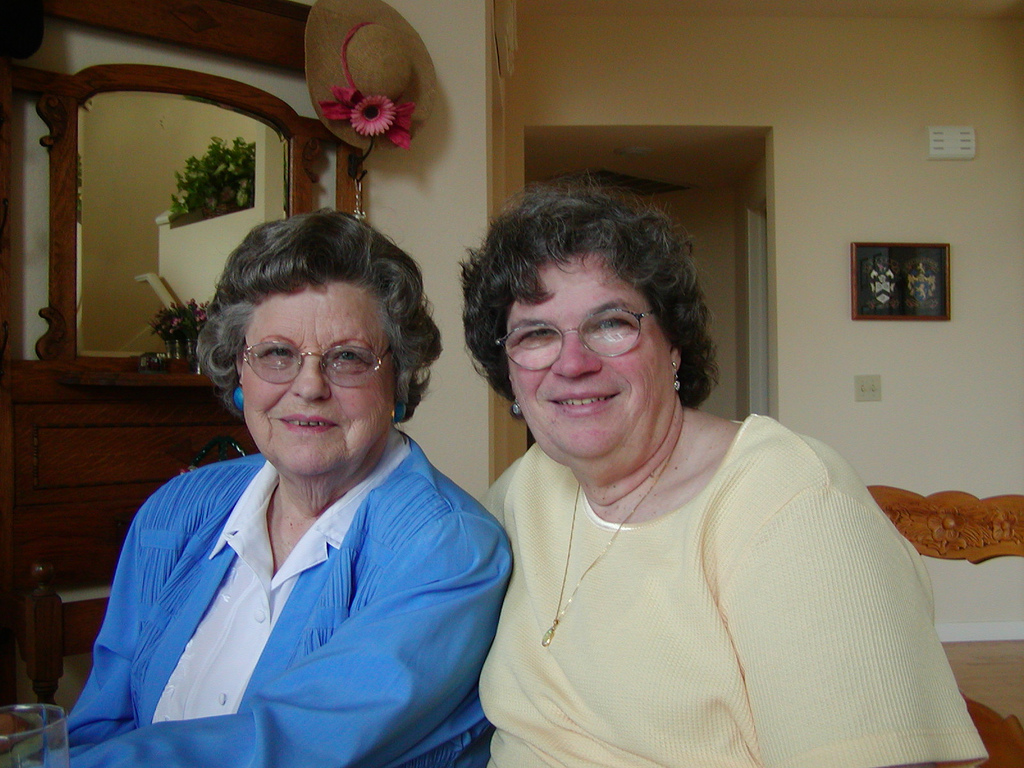Where The Needs Of Others Come First · Available 24x7 For Emergencies

Study Confirms “Gender Inequality” in Care for Seniors
Conduct an informal, quick survey of the people you know who have senior family members in need of care, and you will probably come up with results similar to those of a recent demographic study: The number of daughters far outweighs the number of sons who provide care. There are plenty of reasons for this imbalance, but it still surprises many people, especially given the shifting gender balance in areas like child care and housework responsibilities. Why are the women still shouldering the senior care burden—and is it a problem?
The Elderly Prefer Women
Researchers learned that overwhelmingly, if there were at least one son and one daughter in a senior’s family, the daughter took over primary caregiving duties. They projected a few possible reasons for this fact:
- A majority of the elderly who need care are women. Mothers are generally far more comfortable receiving care from their daughters than their sons, especially when daily living tasks such as bathing and dressing are involved.
- Women are often better prepared to provide care, having raised children and handled housework, while men are more likely to have spent their career working outside the home.
- Sons of elderly parents appear quite ready to hand off caregiving tasks to their sisters when possible, for any number of different reasons.
Fitting the Men Into the Picture
Of course, the study does not suggest that sons, in general, do not consider it important to care for their aging parents. There are many families in which there are only sons and no daughters, leaving the duties on the shoulders of the sons (or their wives). However, when a daughter is available to take over caregiving, she usually does.
It is easy to see how this common situation could lead to tension and unbalanced responsibilities within a family. If a daughter feels overwhelmed by senior caregiving responsibilities, she should feel the freedom to call on male family members to pitch in and shoulder some of the burden. That doesn’t have to mean handling daily living tasks, but sons may be more willing to organize finances, perform maintenance around the house, do the shopping, and simply spend time at the house if a parent can not be safely left alone for long periods of time.
Spreading Responsibilities is Always Best
One recurring problem among family caregivers is the unwillingness to ask for help. Many times, sons and daughters alike are happy to help out, both financially and otherwise, but they assume that the primary caregiving sibling has things under control. Coordinating the entire family’s efforts, although it takes some detailed planning and scheduling, prevents any one person from getting overburdened.
[get-post tag=”about_us”]
Photo by basykes 
